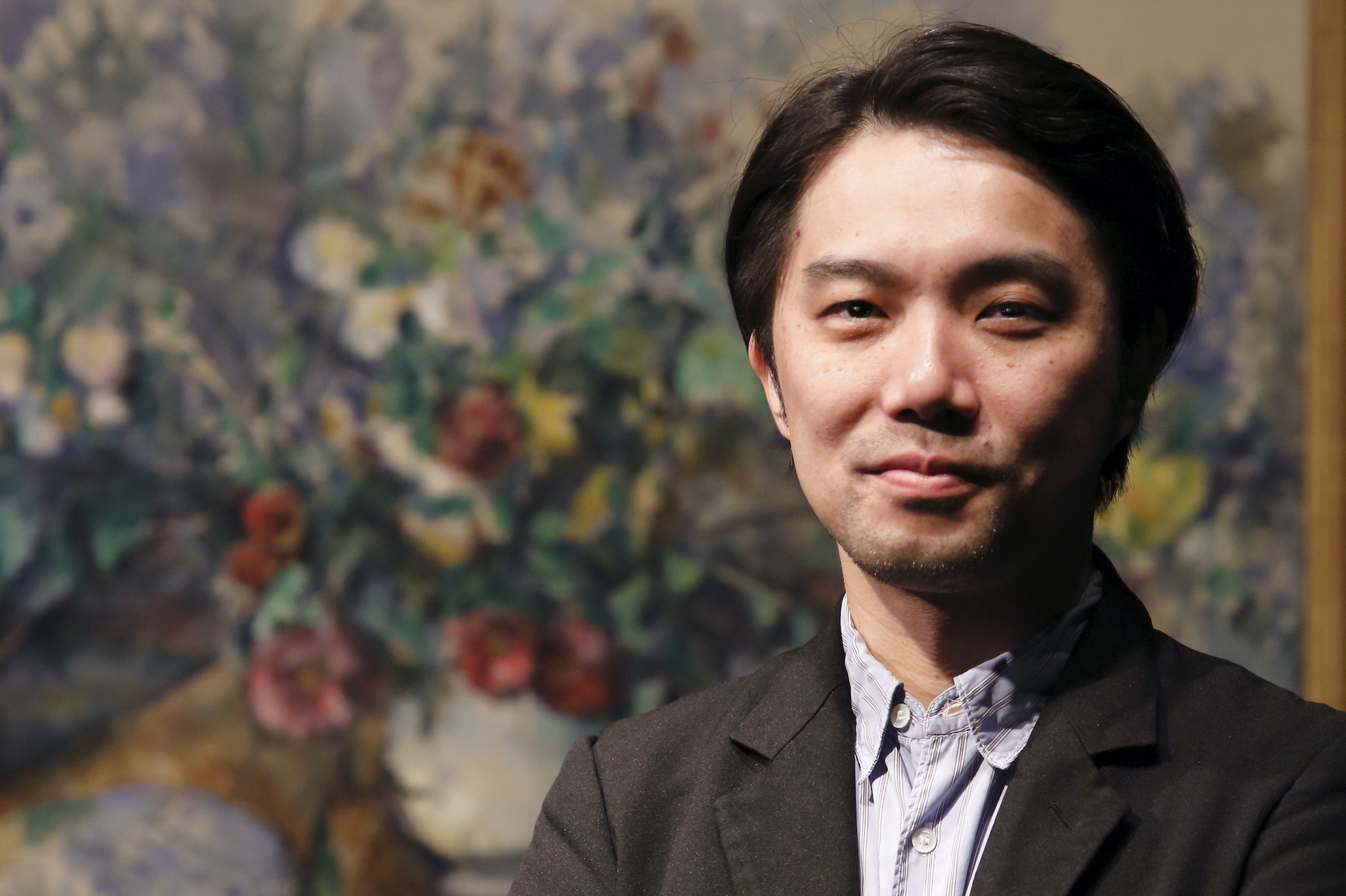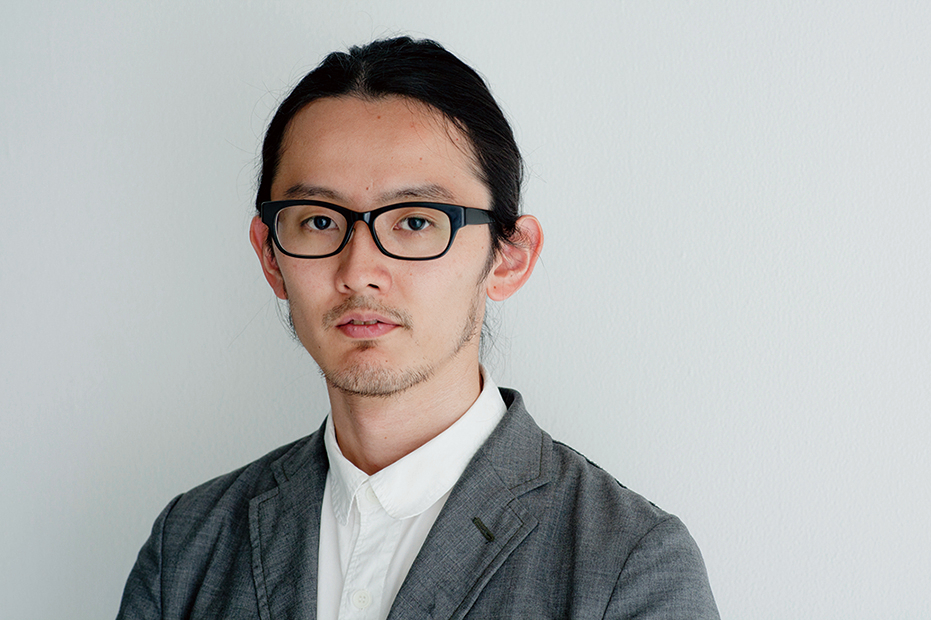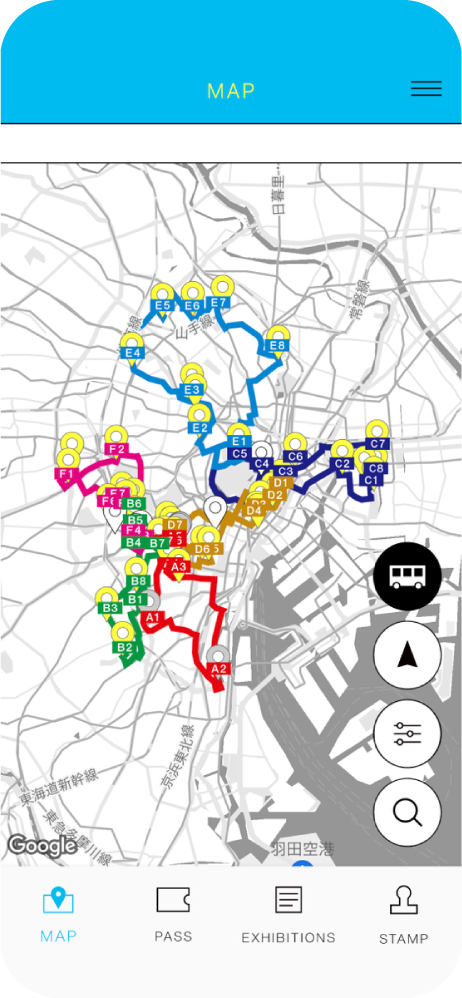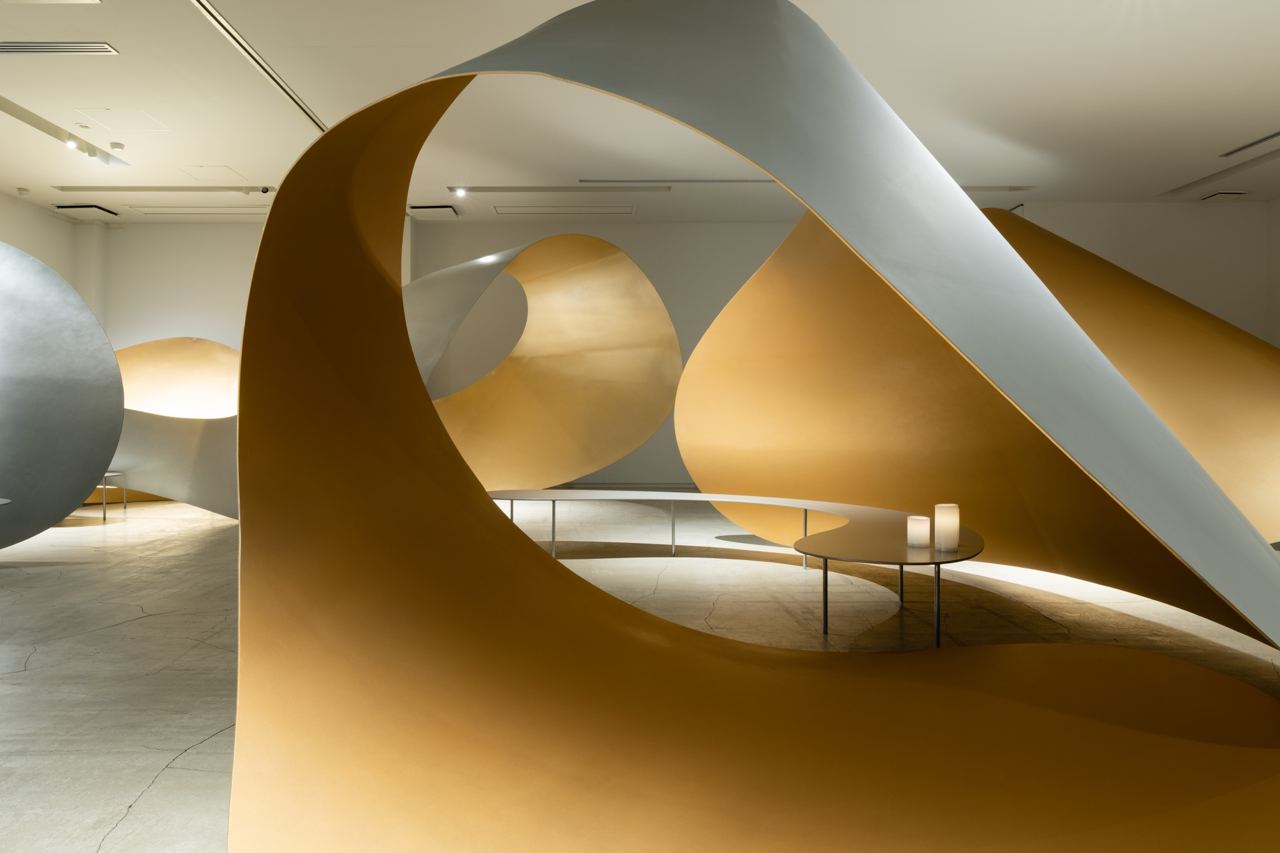While looking back on the recent past of various art spaces that have developed at the epicenter, such as the Sezon Museum of Art (1975-1999), the Museum of Contemporary Art Tokyo (1995-), and the Mori Art Museum (2003-), Hosaka and Fujimura will discuss the near future of art and the city.
Art Week Tokyo’s online talks program is organized by Arts Initiative Tokyo, a curatorial collective and alternative arts education initiative.









